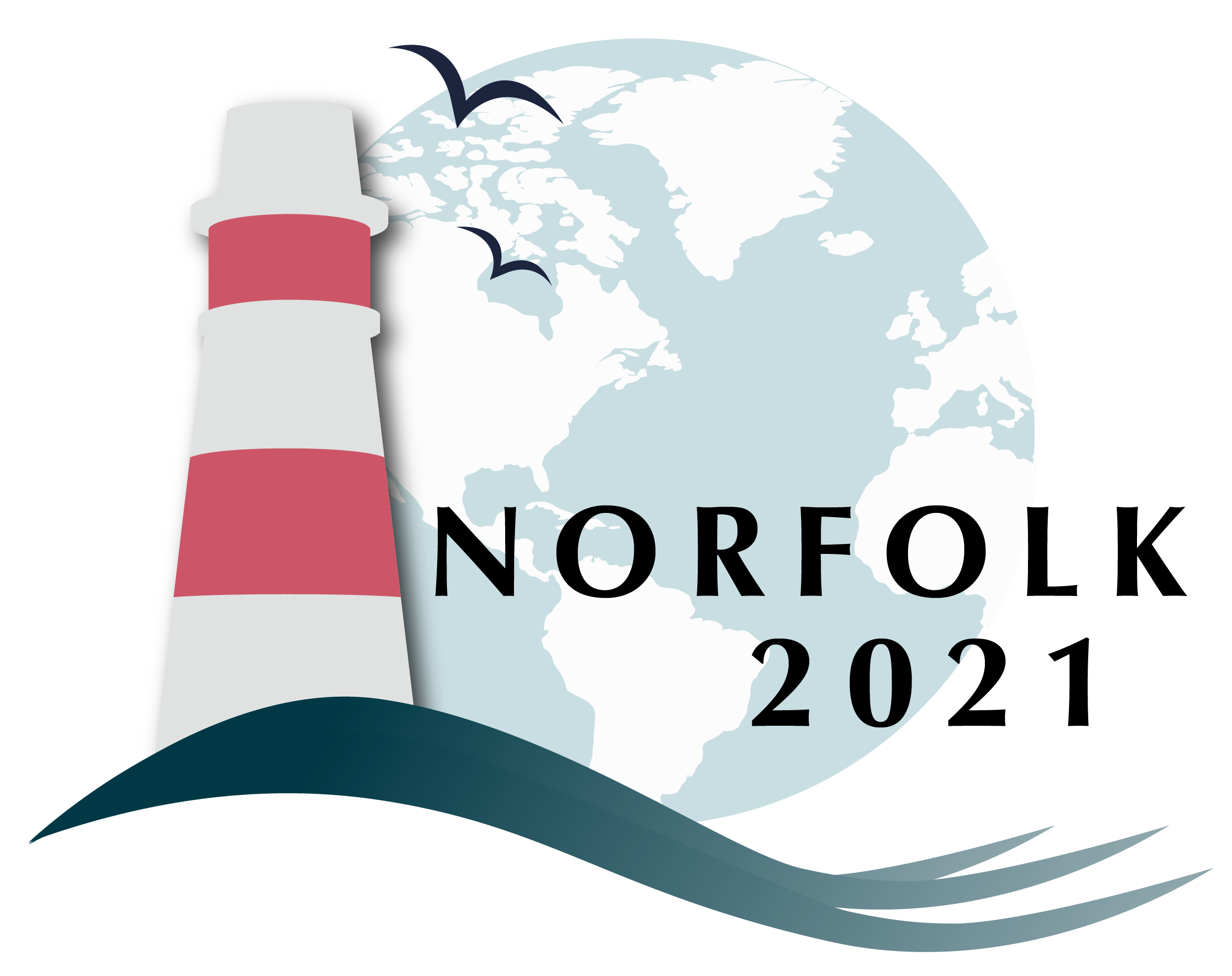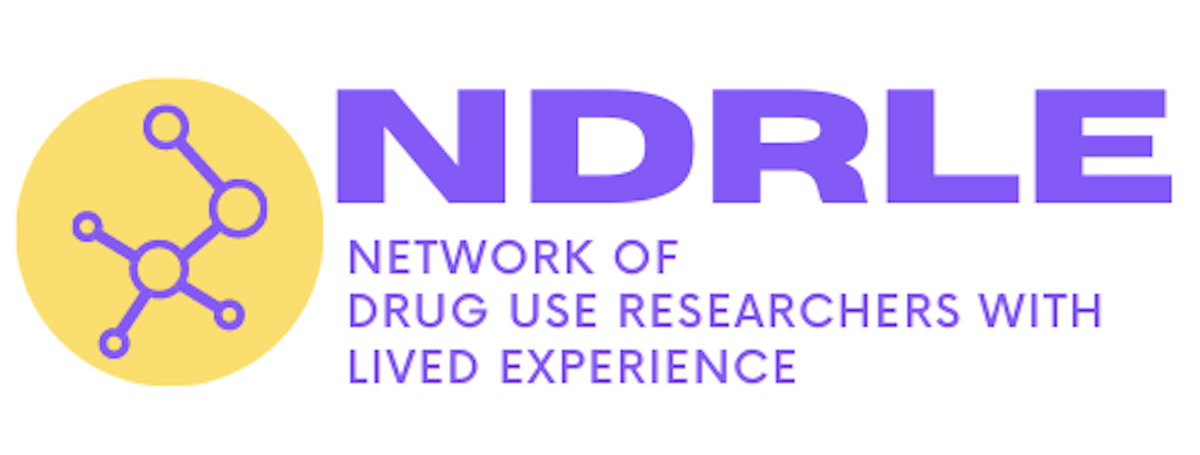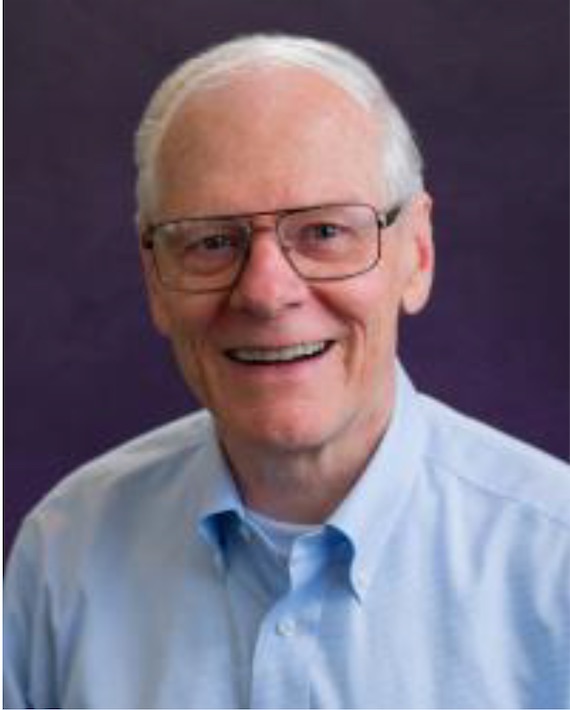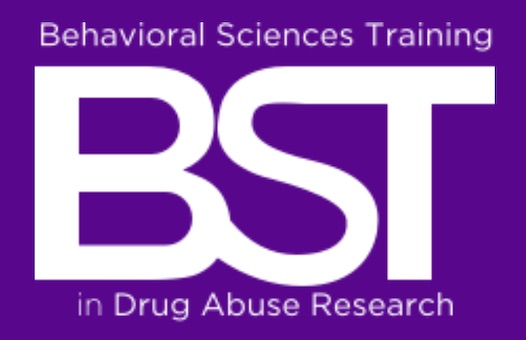Here is the latest installment of ADTSG’s student profiles feature!
These profiles are a way for the ADTSG membership to become acquainted with the next generation of anthropologists of alcohol, drugs, and tobacco. In this vein, each profile will introduce one graduate or undergraduate student to the group by asking them a series of questions related to their background and career aspirations in this field.
In this installment, we are profiling Megan Sarmento, a recent M.A. graduate from Georgia State University.
 Why did you choose to study anthropology?
Why did you choose to study anthropology?
I always hoped that I could build towards a career that ameliorates social injustices. While I thought I might major in humanities and sociology during my first year of undergraduate school, my first course in anthropology introduced me to the academic and career path that I have since been passionately eager to pursue. Anthropological theories intrigue me because they do not naively strive for complete objectivity when studying the complexity of human beings. Ethnographic and qualitative research methods equip sociocultural anthropologists with the tools to scientifically observe and analyze human behavior while remaining connected to humanity. As an applied medical anthropologist, I am now equipped to perform research that is applied to implement positive changes towards health and social equity.
Why are you interested in alcohol, drugs, and tobacco research?
Abstinence-based models of health care for people who use drugs (PWUD), in addition to strict criminalization of drug use, have kept PWUD in a marginalized position. Health care services for PWUD are inadequate due to this framework and the subsequent stigmatization that is perpetuated. As I was introduced to anthropological research on harm reduction principles and syringe services programs, I found that much work needs to be done in the U.S. to implement the findings of such work by making improvements to outdated laws and health care practices for PWUD.
What are your research plans for studying alcohol, drugs, and tobacco?
My work advocates for the improvement of harm reduction services, and specifically syringe services programs (SSP), as they develop across the U.S. My expertise in ethnographic and qualitative research methods, grounded in anthropological praxis principles, will be used to evaluate these services and advocate for the advancement of health care as a human right despite social stigmas.
What do you hope to do after you graduate?
After taking a one-year sabbatical upon completion of my Master of Arts degree, I will begin my doctoral studies in August 2022 at the University of South Florida. As a PhD student in Medical Anthropology, I will evaluate the development of Tampa’s first SSP in collaboration with the Tampa General Hospital and other medical anthropology students. My work will contribute to the development of this SSP throughout the greater Tampa Bay area and support the improvement of health care for PWUD throughout the U.S.
If you are an anthropology student and would like to be profiled for the ADTSG website, please contact ADTSG’s Student Liaison, Breanne Casper, at casperb@mail.usf.edu for more information!








